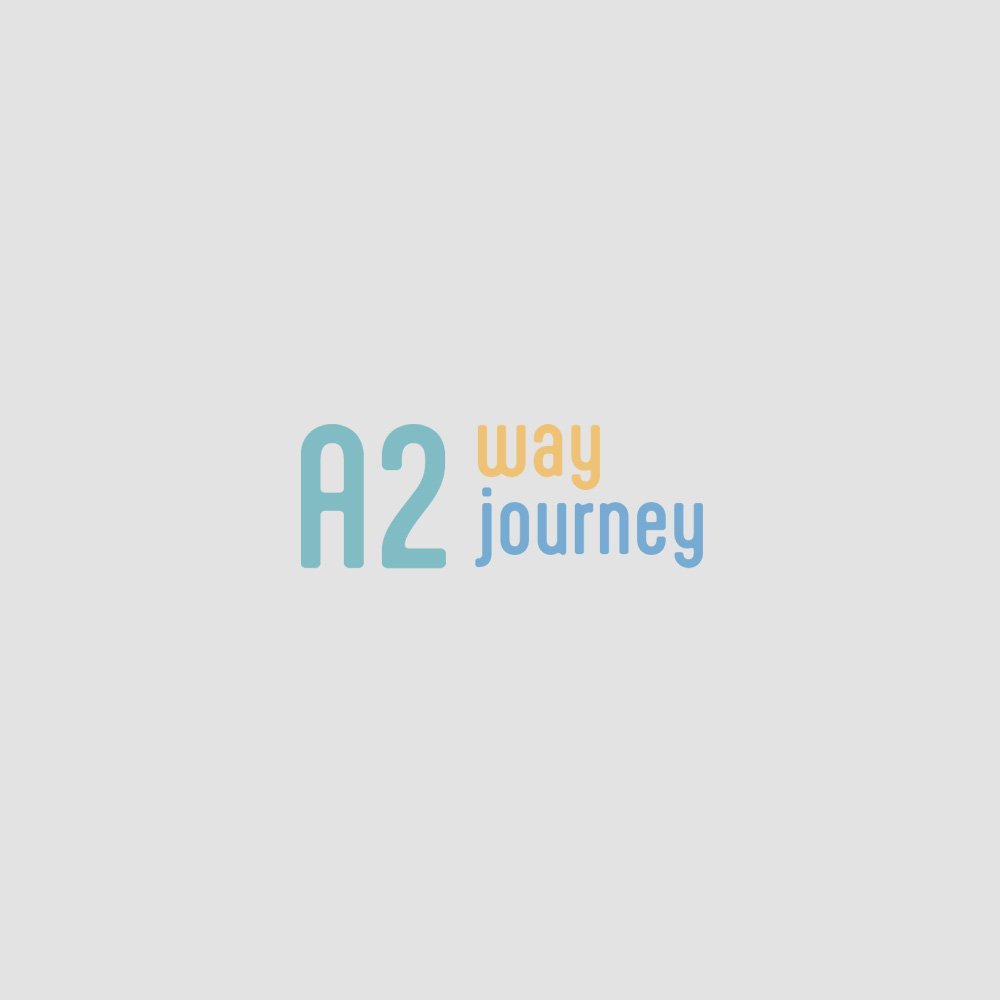
Intercultural dialogue in Türkiye is a complex and evolving issue, deeply rooted in the country’s unique geographical, historical, ethnic, and religious diversity. It refers to the efforts to foster mutual understanding and peaceful coexistence among the different cultural, ethnic, and religious communities within the country and beyond.
1. Historical and Cultural Context
Türkiye as a bridge: Located at the crossroads of Europe and Asia, Türkiye has been home to many civilizations (Byzantine, Ottoman, etc.), making it inherently multicultural.
Diverse population: Includes Turks, Kurds, Arabs, Circassians, Greeks, Armenians, Jews, and others, along with followers of Islam (Sunni and Alevi), Christianity, Judaism, and other beliefs.
Ottoman legacy: The millet system allowed religious communities to govern themselves, offering a model of coexistence.
2. Contemporary Intercultural Dialogue Efforts
a. Government Initiatives
Presidency of Religious Affairs (Diyanet): Occasionally promotes dialogue between Islam and other religions, though mainly within a Sunni-Islamic framework.
Turkish Ministry of Culture and Tourism: Supports cultural events that showcase Türkiye’s ethnic and religious diversity.
b. Civil Society & NGOs
Organizations such as:
Anadolu Kültür
TESEV (Turkish Economic and Social Studies Foundation)
Hrant Dink Foundation
Promote intercultural understanding, minority rights, and reconciliation.
c. Religious Communities
Interfaith meetings among Muslim, Christian, and Jewish leaders (especially in cities like Istanbul and Antakya).
International conferences hosted in Türkiye focusing on dialogue between Islam and Christianity.
3. Challenges
Despite positive efforts, several issues complicate intercultural dialogue:
Political tension with minority groups (e.g., Kurds, Alevis).
Historical traumas: Such as the Armenian Genocide, population exchanges with Greece, and suppression of minority languages and identities.
Rising nationalism and political polarization sometimes hinder genuine dialogue.
Freedom of expression concerns for some activists and NGOs involved in intercultural work.
4. Türkiye in International Dialogue
Türkiye has played a role in international intercultural initiatives, such as:
The Alliance of Civilizations (UNAOC) — co-founded by Türkiye and Spain under the UN to promote intercultural understanding globally.
Hosting international summits on faith and dialogue (e.g., Organization of Islamic Cooperation, religious dialogue events in Istanbul).
Conclusion
Intercultural dialogue in Türkiye is both promising and fragile. While the country’s rich diversity offers a strong foundation, political dynamics and historical grievances continue to pose significant challenges. Ongoing efforts from civil society, youth

